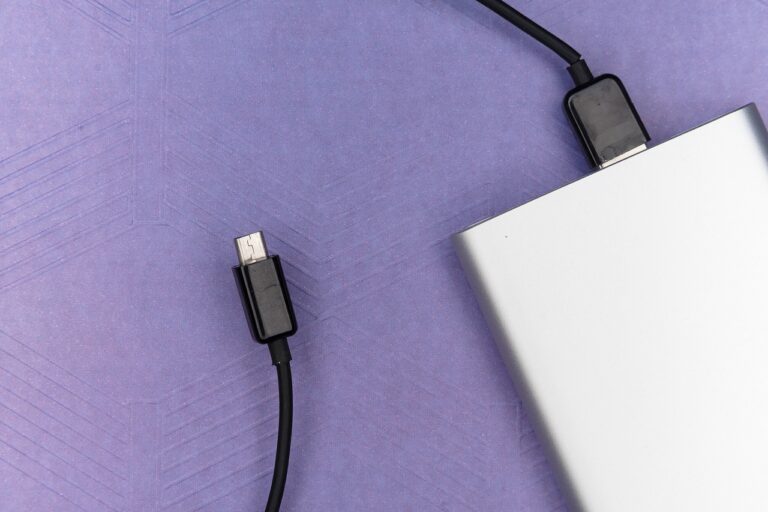The decision is official: the European Parliament has come out in favour of the introduction of a single universal charger. Here’s when and which devices are affected. And, how will Apple adapt?
Let’s take a closer look at what this is all about and what advantages the adoption of this decision will bring.
Table of Contents
Universal charger, here’s what changes
The decision was approved by the European Parliament almost unanimously. But what exactly is it about?
To date, we often find ourselves forced to use different chargers depending on the device. This applies as much to small devices as to medium-sized and large ones. Well, soon we will be able to use a single charger for different devices.
In fact, all companies must comply with the new EU directives requiring the use of USB type C sockets. In two words, universal chargers.
The decision is part of an even broader plan to reduce the environmental impact of electrical and electronic waste. In fact, the EU has also expressed itself several times in relation to the need to increase the lifespan of smartphones, precisely in order to avoid constant replacement.
Universal charger, since when?
The EU Parliament has dictated the timing of the transition with a timetable that will give companies time to adapt.
The planned adaptation period is 24 months from the entry into force of the law for all small devices such as, for example, smartphones, while it will be 40 months for larger devices such as laptops and PCs.
This means that by the autumn of 2024 no smartphone without a universal charger connection can be sold in Europe, and by 2026 this will also apply to laptops and PCs.
Which devices will require a single charger
As mentioned above, a large number of electronic devices will have to be equipped with a USB-C connection. A great many, but not all: devices with a power rating of up to 100 watts will have to have this connection.
Here is a list:
- smartphones, mobile phones and tablets;
- cameras;
- headphones and earphones;
- game consoles and portable speakers;
- keyboards and e-readers;
- portable navigators;
- laptops and PCs.
How will Apple resolve the matter?
Truth be told, there are already plenty of devices equipped with a USB Type C socket. Most companies should have little difficulty in complying with the EU’s requirements. Contrary to what might happen with Apple, however.
The Cupertino company is one of the very few to have preferred to retain the lightning socket, thus avoiding the universal port. Incidentally, Apple’s chargers were recently at the centre of a clash that led to the latest Iphone being banned from sale.
Only Apple’s latest generation MacBooks can already be recharged with USB Type C sockets.
The effects on the environment and savings
Every year about half a billion chargers are disposed of, which corresponds to about 11 thousand tonnes of electronic waste in the European Union alone. A figure that might not seem particularly impactful when compared to the total e-waste in 2019, which reached the frightening figure of 4.5 million tonnes.
But the measure is part of a more articulated and generalised framework for which all unnecessary waste should be avoided.
In addition to the planet, it will also benefit consumers who, according to EU estimates, could save as much as EUR 250 million annually in the purchase of chargers.
Read also: The EU wants to curb the powers of Big Tech companies: the Digital Market Act explained












